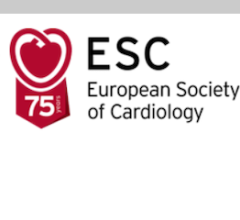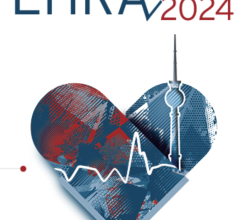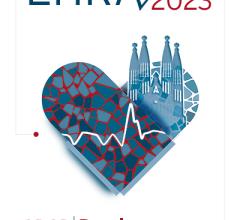
Getty Images
September 6, 2022 — An analysis of more than 12,000 patients has found that the SGLT2 inhibitors dapagliflozin and empagliflozin reduce cardiovascular death or hospitalization for heart failure by 20% in heart failure patients with mildly reduced and preserved ejection fraction. The late breaking research is presented in a Hot Line session at ESC Congress 2022.1
In two large-scale trials, DELIVER2 and EMPEROR-Preserved,3 dapagliflozin and empagliflozin lowered cardiovascular events among patients with heart failure with mildly reduced and preserved ejection fraction compared with placebo. These therapies are recommended for all heart failure patients with reduced ejection fraction,4,5 with weaker recommendations for those with mildly reduced or preserved ejection fraction.5 Uncertainties remain regarding the effects of these drugs on mortality and in specific subpopulations of heart failure with mildly reduced and preserved ejection fraction. However, neither trial alone was designed or powered to address those issues.
This prespecified meta-analysis used participant-level data from DELIVER and trial-level data from EMPEROR-Preserved and employed harmonized definitions of endpoints and subgroups. The primary endpoint of the meta-analysis was the composite of cardiovascular death or first hospitalization for heart failure. A number of secondary endpoints were evaluated including cardiovascular death, all-cause death, first and recurrent heart failure hospitalizations, urgent heart failure visits (not requiring hospitalization), all-cause hospitalization, and patient reported outcomes.
Heterogeneity in treatment effects were assessed across 12 subgroups: age, sex, race, body mass index, systolic blood pressure, New York Heart Association class, history of diabetes, history of atrial fibrillation/flutter, hospitalization for heart failure within 12 months, estimated glomerular filtration rate, use of other heart failure drugs, and baseline left ventricular ejection fraction.
The analysis included 12,251 heart failure patients with mildly reduced and preserved ejection fraction who were followed up for a median of 2.2 to 2.3 years. The average age of participants was 72 years and 44% were women. SGLT2 inhibitors reduced the risk of the primary outcome by 20% (hazard ratio [HR] 0.80; 95% confidence interval [CI] 0.73–0.87; p<0.001). There were consistent reductions in both components of the endpoint, driven by substantial reductions in heart failure hospitalizations (HR 0.74; 95% CI 0.67–0.83) with more modest reductions in cardiovascular death (HR 0.88; 95% CI 0.77–1.00).
Regarding secondary endpoints, SGLT2 inhibitors reduced total (inclusive of first and recurrent) heart failure hospitalizations by 27%, urgent heart failure visits by 35%, and all-cause hospitalizations by 7%. The drugs improved multiple domains of health-related quality of life as assessed by the Kansas City Cardiomyopathy Questionnaire. There was no significant effect on all-cause death and no serious adverse safety signals were identified in either trial. Treatment effects were consistent across all 12 subgroups including patients at the highest end of the ejection fraction spectrum and those already treated with other heart failure medicines.
Study author Dr. Muthiah Vaduganathan of Brigham and Women’s Hospital, Harvard Medical School, Boston, US said: “This meta-analysis summarizes the totality of evidence on SGLT2 inhibitors in heart failure patients with a left ventricular ejection fraction above 40% and supports their use as foundational therapy in this population.”
For more information: www.escardio.org
References and notes
1A prespecified meta-analysis of DELIVER and EMPEROR-Preserved will be discussed during Hot Line Session 4 on Saturday 27 August at 16:30 to 17:30 CEST in the Barcelona auditorium.
2DELIVER is being presented during Hot Line Session 4 at ESC Congress 2022 by Professor Scott Solomon.
3Anker SD, Butler J, Filippatos G, et al. Empagliflozin in heart failure with a preserved ejection fraction. N Engl J Med. 2021;385:1451–1461.
4McDonagh TA, Metra M, Adamo M, et al. 2021 ESC Guidelines for the diagnosis and treatment of acute and chronic heart failure. Eur Heart J. 2021;42:3599–3726.
5Heidenreich PA, Bozkurt B, Aguilar D, et al. 2022 AHA/ACC/HFSA Guideline for the management of heart failure. Circulation. 2022;145:e895–e1032.
Related Empagliflozin Content:
Empagliflozin Benefits Heart Failure Patients With Reduced and Preserved Ejection Fraction
ESC Releases Guidelines on Heart Failure Management
Diabetes Drug May Reverse Heart Failure


 August 29, 2025
August 29, 2025 









